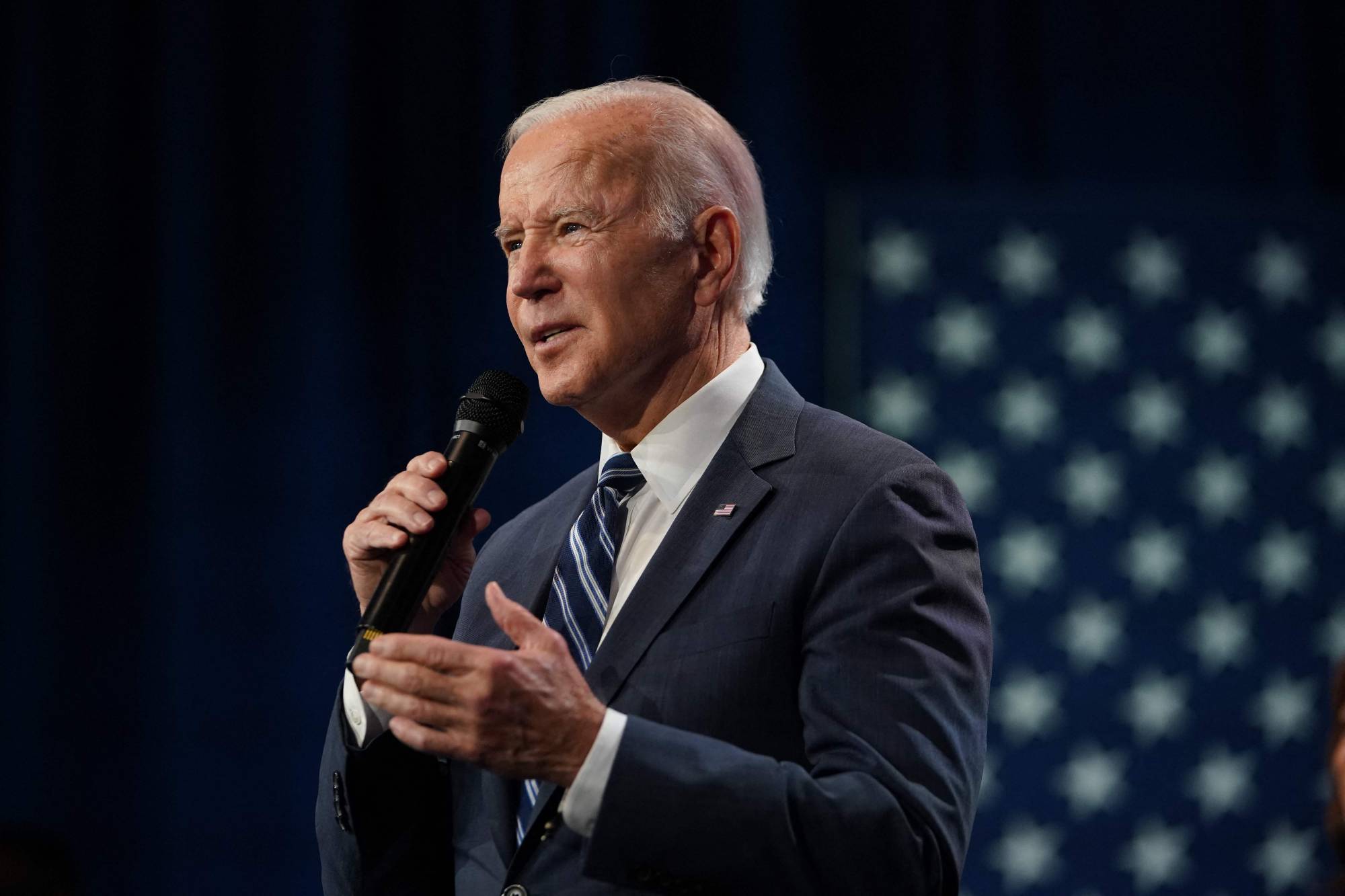U.S. President Joe Biden came to office pledging to abandon Donald Trump’s with-us-or-against-us approach to China. Instead, he’s forcing U.S. partners to pick sides in a deepening global technology standoff.
Sweeping U.S. curbs announced last month on the sale of semiconductors and chipmaking equipment to China mark a significant change in the Biden administration’s approach to its chief geopolitical rival. That’s not just a challenge to Beijing, but also asks tough questions of allies — and presents Washington with a dilemma over how far it’s willing to squeeze them to comply.
As Biden prepares to hold his first face-to-face meeting as president with Chinese President Xi Jinping, the export controls loom large as a declaration that the U.S. isn’t prepared to let China advance in a range of cutting-edge technologies that could threaten America’s status as the world’s pre-eminent power. That new reality spells more trouble ahead for U.S.-China relations, which are already veering into dangerous territory over Taiwan: Beijing denounced the measures as U.S. overstretch to "wantonly hobble Chinese enterprises.”



